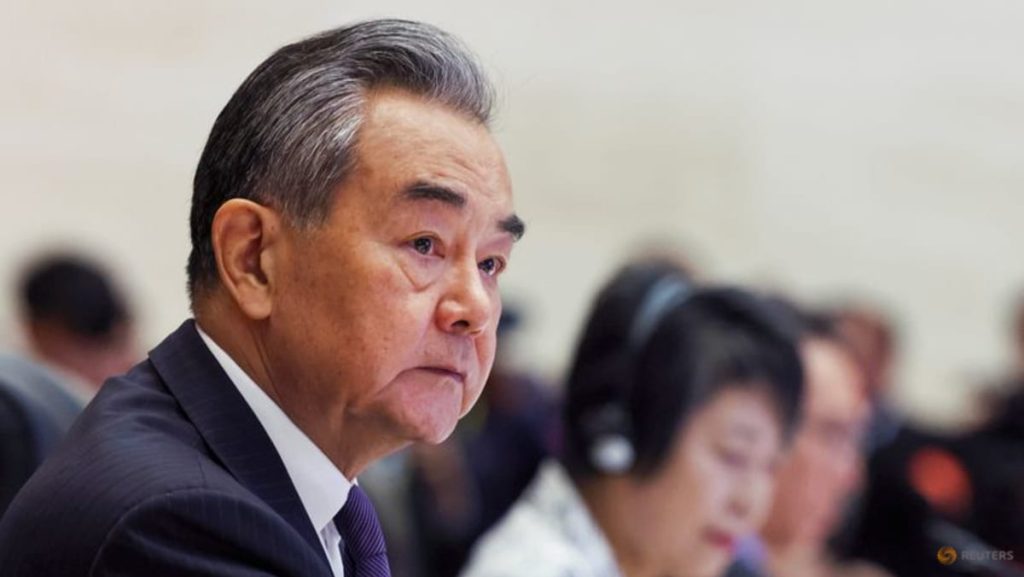China expressed its support for Iran in defending its sovereignty, security, and national dignity in a phone call between Chinese foreign minister Wang Yi and Iran’s acting foreign minister on Sunday. The call also included Wang’s denunciation of the assassination of Hamas chief Ismail Haniyeh in Tehran, which both Iran and Hamas have accused Israel of carrying out. This incident has raised concerns about a potential wider conflict in the Middle East, as Israel has not claimed or denied responsibility for the killing. Iran has promised to “harshly punish” Israel for the assassination.
Wang emphasized to Iran’s acting foreign minister that the killing of Haniyeh had a direct impact on the Gaza ceasefire negotiation process and threatened regional peace and stability. China reiterated its support for Iran’s efforts to uphold regional peace and stability while defending its sovereignty and national dignity. Wang expressed China’s readiness to maintain close communication with Iran as the situation unfolds.
In a separate development, Iranian President Masoud Pezeshkian nominated Abbas Araqchi as the country’s foreign minister. Araqchi, who previously served as Iran’s chief negotiator in nuclear talks from 2013 to 2021, brings significant diplomatic experience to the role. His appointment comes at a crucial time as Iran navigates complex geopolitical challenges, particularly in the aftermath of the assassination of Haniyeh and the escalating tensions in the region.
The support provided by China to Iran underscores the evolving dynamics in the Middle East and the shifting alliances among regional and global powers. China’s stance on defending Iran’s sovereignty and security aligns with its broader foreign policy objectives, which emphasize non-interference in the internal affairs of other countries and respect for national sovereignty. By backing Iran in the aftermath of the assassination of Haniyeh, China is sending a clear message of solidarity with Tehran against perceived external threats.
The nomination of Abbas Araqchi as Iran’s foreign minister reflects the country’s strategic priorities in diplomatic engagements, particularly in light of the ongoing negotiations on issues such as the Iran nuclear deal. Araqchi’s previous experience as Iran’s chief negotiator in the nuclear talks positions him well to navigate the complex geopolitical landscape and advance Iran’s foreign policy objectives. His appointment is likely to be closely watched by regional and international stakeholders seeking insights into Iran’s diplomatic direction under the new leadership.
As the situation in the Middle East continues to unfold, with heightened tensions and potential risks of further escalation, the role of key actors such as China and Iran will be central to shaping the region’s future trajectory. The strategic alignment between China and Iran underscores the complexities of global geopolitics and the interplay of interests among major powers. The nomination of Abbas Araqchi as Iran’s foreign minister signals Iran’s diplomatic priorities and its commitment to navigating challenges while upholding its national interests on the international stage.


